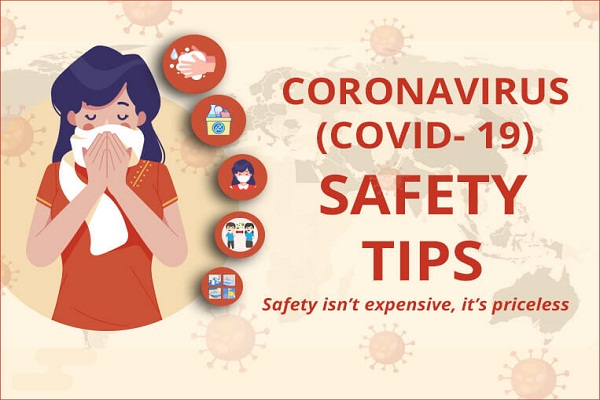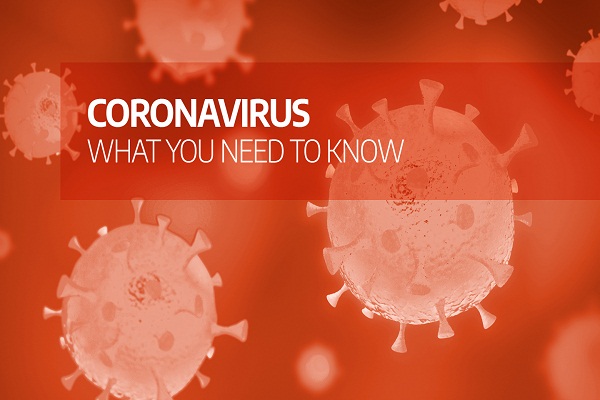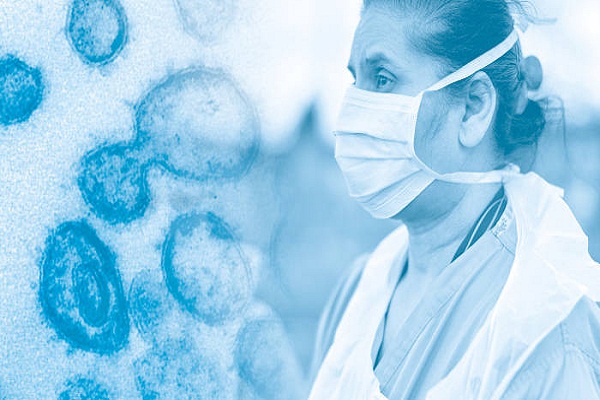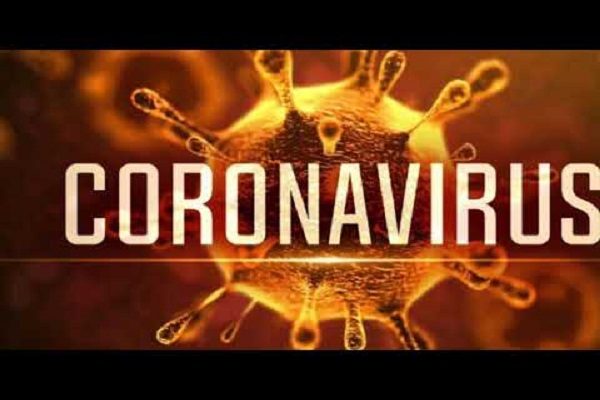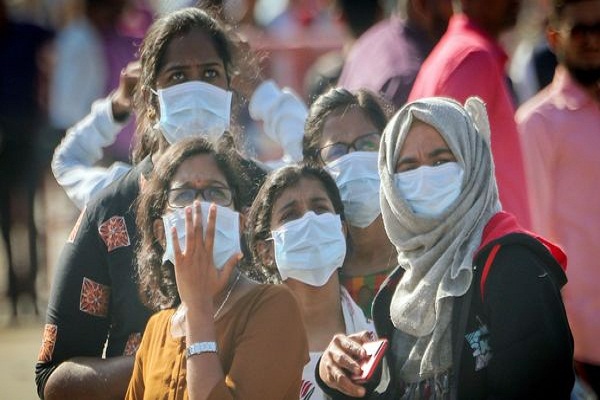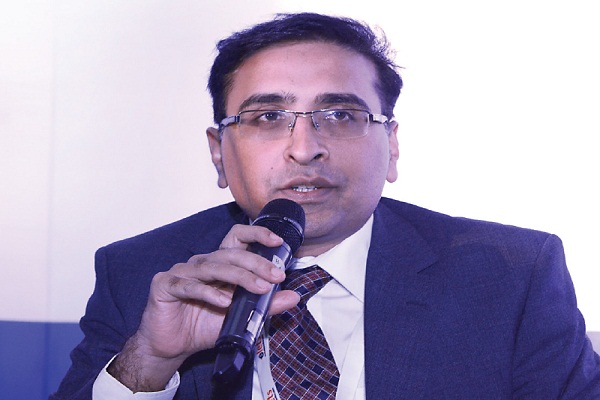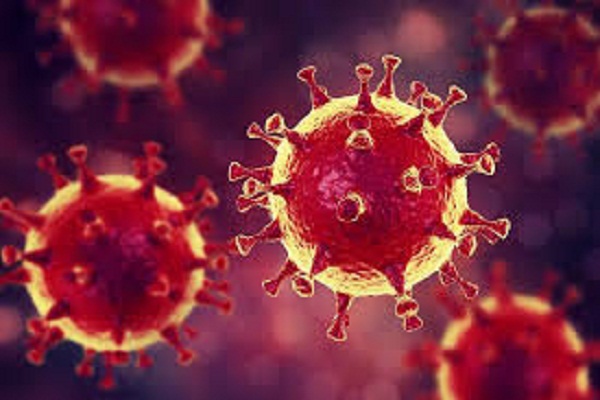
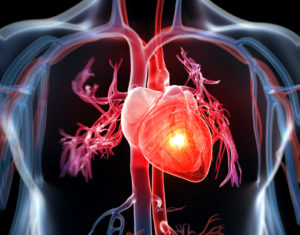 About 1 in 100 children have heart disease and the reason being the important blood carrying organ-heart, did not develop in the normal manner when the baby was inside the mother’s womb.
About 1 in 100 children have heart disease and the reason being the important blood carrying organ-heart, did not develop in the normal manner when the baby was inside the mother’s womb.
It is important to diagnose heart disease in children as soon as possible. An undiagnosed heart defect can progress and become inoperable after some months or years, depending on the kind of defect. Also, an uncorrected defect stunts the child’s growth in many ways.

The earliest a heart defect can be picked up is by an Ultrasound, done before birth, ideally at 18-22 weeks of pregnancy. This is called ‘Fetal Echo’ and is similar to the routine ultrasound done for pregnant women. The Pediatric Cardiologist zooms on the heart and its vessels in this test. Early diagnosis of heart defects in children should be followed up by early intervention. The intervention may be surgery, a procedure in the catheterization laboratory or medicines and close follow-up as appropriate. A center with a dedicated team of specialists in child heart care can best make the decision of the correct intervention required.
Some common misconceptions about heart disease in children:
‘ALL HOLES IN THE HEART CLOSE AS THE CHILD GROWS’

This misconception has caused many children to become inoperable. Parents of the child keep on waiting for the hole to close, when actually it doesn’t. Waiting causes irreversible damage to the lung vessels; thus a child who could have had a healthy life (after getting operated) may be condemned to die young. Only certain kinds of holes in the heart may close on their own. A Pediatric Cardiologist is the best person to decide which hole in the heart may close on its own.
‘BABY COULD BE OPERATED UPON WHEN HE/SHE GAINS WEIGHT of 10KG’
Most children with significant holes in their heart will never gain weight until they are operated. A child with a large hole in the heart, who weighs 4 kg at five months, will probably never gain 10 kg. The bigger argument against the 10kg myth is that the weight does not make a difference to the Pediatric Heart Surgeon. He or she can operate on a 2 kg baby, if the need arises.
‘A HOLE CAN BE CLOSED BY MEDICINES’
No hole in the heart can be closed by any medicine.
‘MY BABY HAS A HOLE IN THE HEART. I SHOULD MAKE SURE THAT SHE DOES NOT CRY OR ELSE IT WILL HURT HER’
A hole in the heart or most other heart diseases in children do not cause any pain to the baby.
‘MY SON HAS A HOLE IN THE HEART. I DON’T AGREE WITH THE CARDIOLOGIST WHO HAS RECOMMENDED SURGERY FOR IT, AS MY SON IS FIT AND APPEARS TO BE IN GOOD HEALTH’
A hole in the heart makes it work harder leading to increase in size. These changes, in the early stages, do not cause any symptoms but can be easily seen on the Echocardiogram. These changes indicate that surgery is advisable sooner than later. Also, certain holes that are small, may still need to be closed because they are hurting the nearby valves and may cause irreversible damage to them.
‘MY GRAND-DAUGHTER HAS A HEART DEFECT. THE CARDIOLOGIST SAYS SHE WILL BE FINE AFTER SURGERY. BUT I THINK SHE WILL BE A “HEART PATIENT” FOR HER ENTIRE LIFE. SHE WONT BE ABLE TO RUN, PLAY AND DO OTHER NORMAL THINGS IN CHILDHOOD’
The most common kinds of heart defects, if corrected on time, do not affect life after surgery. While it is essential to get periodically checked, life is normal, just like any other child. Heart disease in children is NOT the same as having a ‘heart attack surgery’ in an adult.
‘MY TODDLER HAS RECENTLY UNDERGONE HEART SURGERY FOR A HOLE IN THE HEART. I HAVE TO MAKE SURE I DON’T GIVE HER ANY BUTTER OR OIL OR PANEER IN HER DIET’
Just like any other toddler, children operated for heart defects need normal amounts of fat in the diet that is essential for the growth of their brains and bodies.
‘I MUST HAVE DONE SOMETHING WRONG IN MY PREGNANCY. THAT’S WHY MY BABY HAS A HEART DEFECT’
The heart is formed by the end of the 2nd month of pregnancy. A lot of research has been done (and is ongoing) on why heart defects occur. However, little seems to be in control of the pregnant woman. Certainly, nothing she does after the 2nd month of pregnancy, affects the formation of the baby’s heart as it is already formed by then. It is best to get a Fetal Echocardiogram performed at 4.5 to 5 months, to detect major heart defects.
(The writer is Dr Swati Garekar, Consultant Pediatric Cardiology, Fortis Hospital, Mulund. Views expressed are personal opinion.)
Be a part of Elets Collaborative Initiatives. Join Us for Upcoming Events and explore business opportunities. Like us on Facebook , connect with us on LinkedIn and follow us on Twitter , Instagram.


